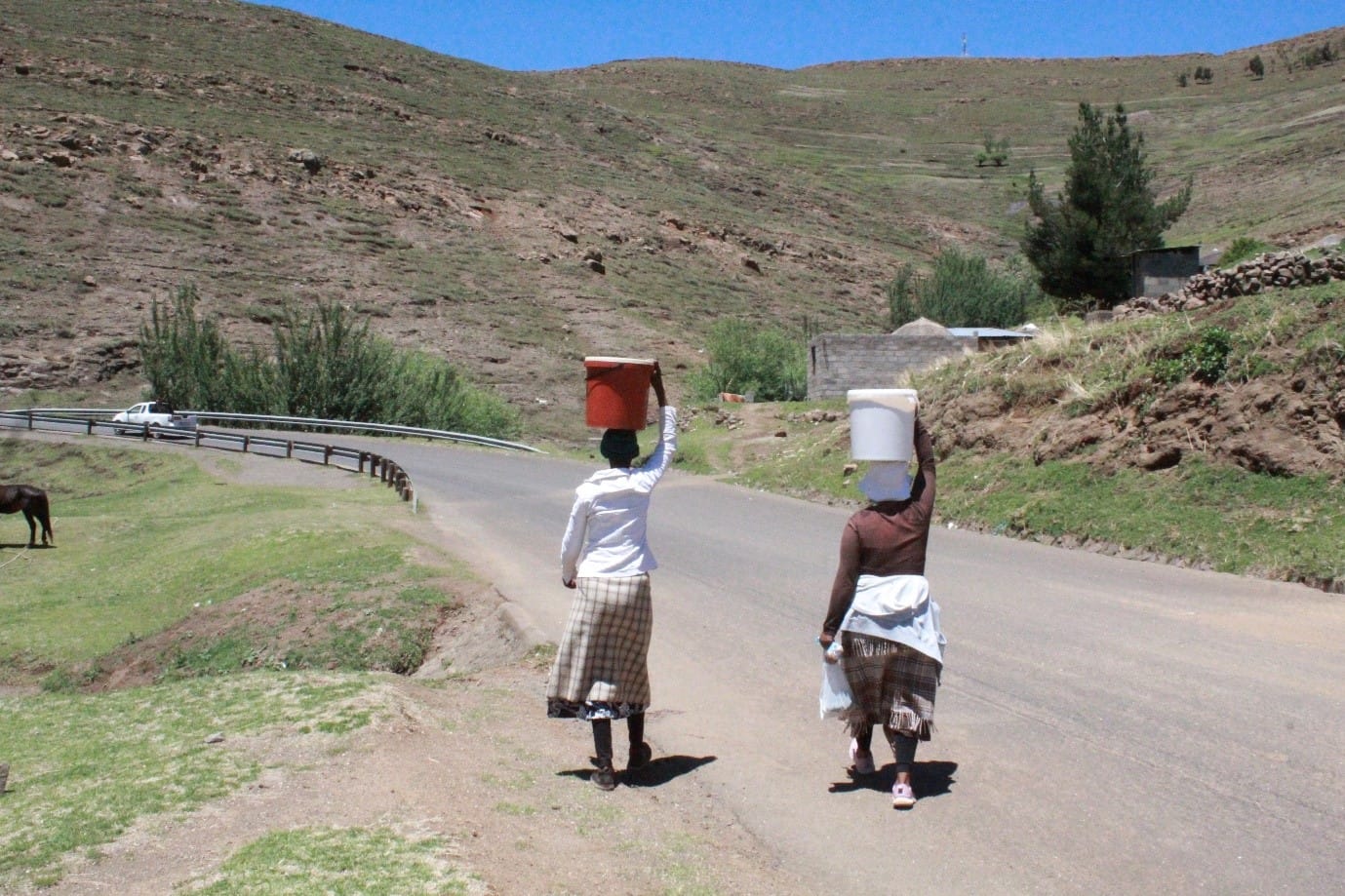Katse Dam is the first Phase of the Lesotho Highlands Water Project which was constructed in 1991 and completed in 1998 on the Malibamats’o River, a tributary of the Orange Senqu River. The communities living around the dam area have experienced several adverse consequences including social disarticulation, dispossession of livelihoods, and cultural alienation to name but a few. One of the glaring issues concerning this project is how the communities no longer have access to water. This past week, the world celebrated international water day, yet the communities in Katse claim not to have access to clean running water. The communities also have to walk long distances to the limited water sources which have been availed to them after losing their natural water resources.
The communities’ natural springs and wells have dried up as a result of the project, which has resulted in perplexing life changes amongst the communities. For 16 years, the village of Mapeleng lacked access to clean drinking water. During the inundation of the Katse dam, the community’s natural springs dried up. The community literally drank from ponds containing unclean water and the entire village suffered from waterborne diseases. 20 years later, the communities that sacrificed to make way for the dam project, continue to suffer immensely.
There is an urgent need to flip the lens towards the needs of communities so as to close the justice gap and safeguard the rights and sustainable livelihoods of communities being affected by large development projects. Project implementors must ensure access to water and sanitation as a preventive measure and a prerequisite for an adequate standard of living.
Water is a critical dimension of sustainable development as articulated in SDG-6 ( Ensure availability and sustainable management of water and sanitation for all) which states that by 2030 that there should be equitable access to safe and affordable drinking water for all, access to adequate and equitable sanitation and hygiene for all and end open defecation, paying special attention to the needs of women and girls and those in vulnerable situations and the Water Act 2008 justifies that water is one of the most important resources.


